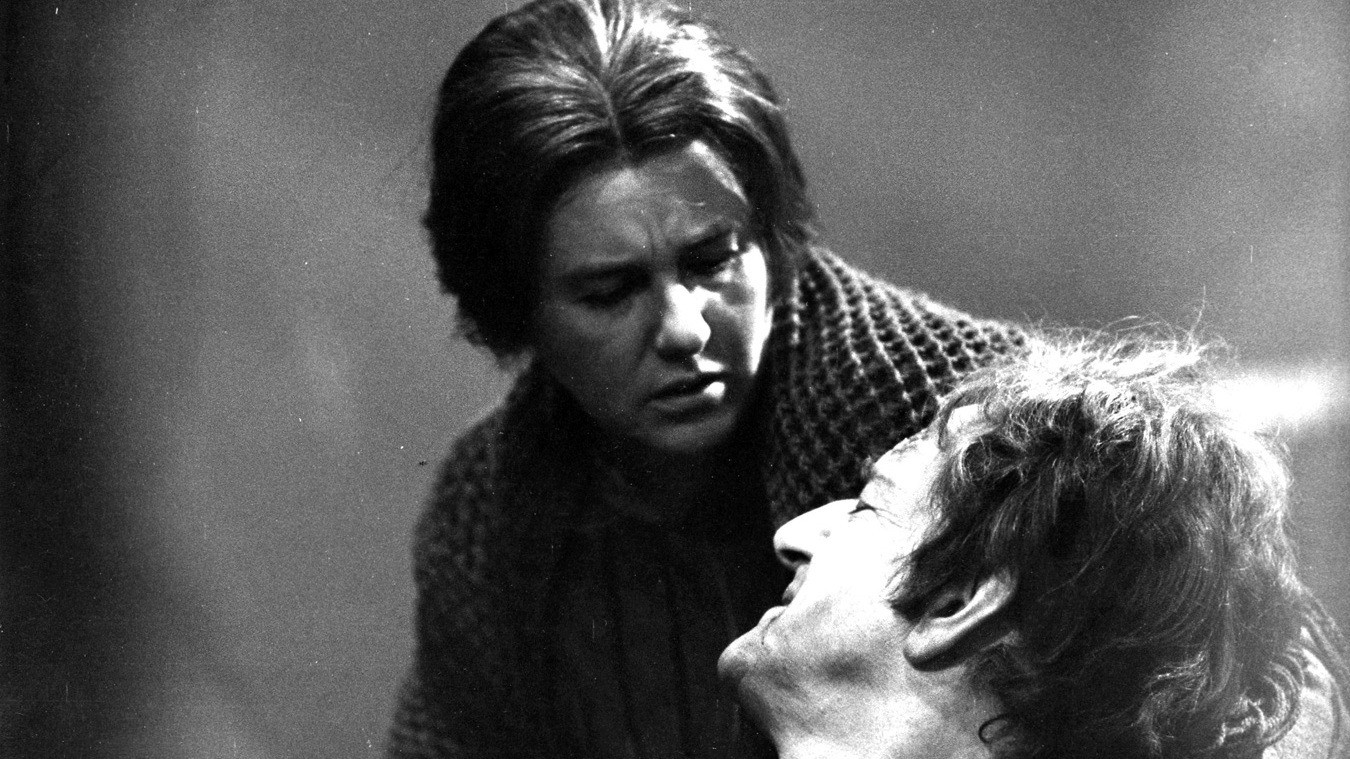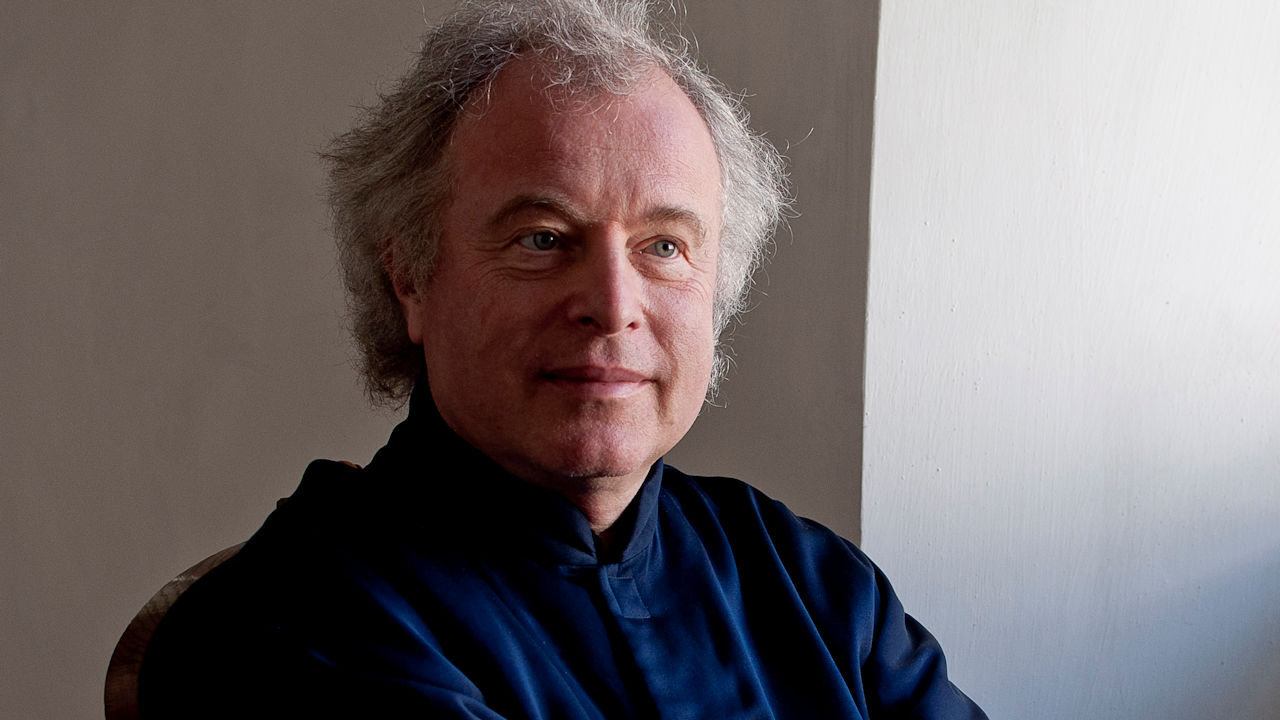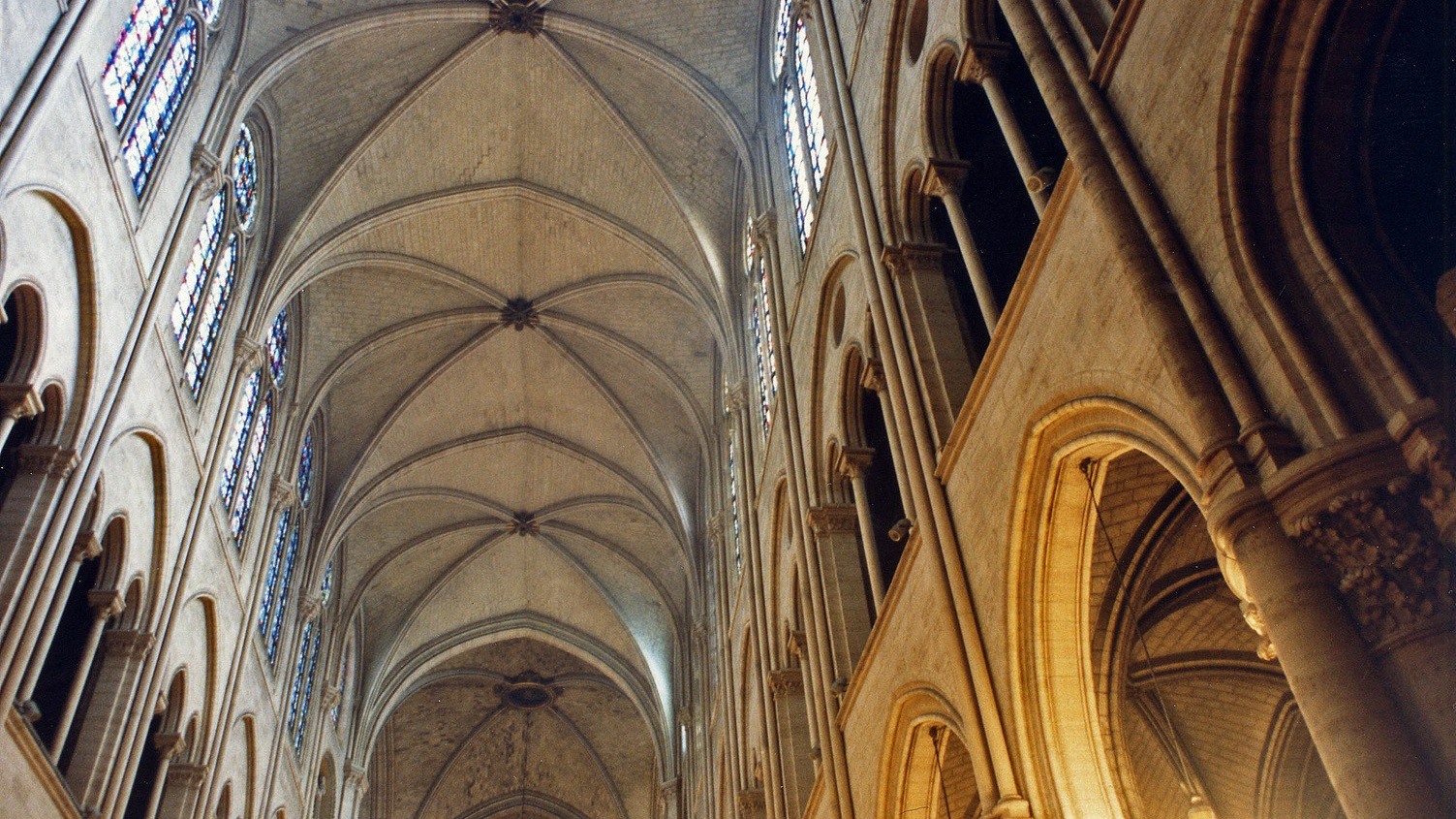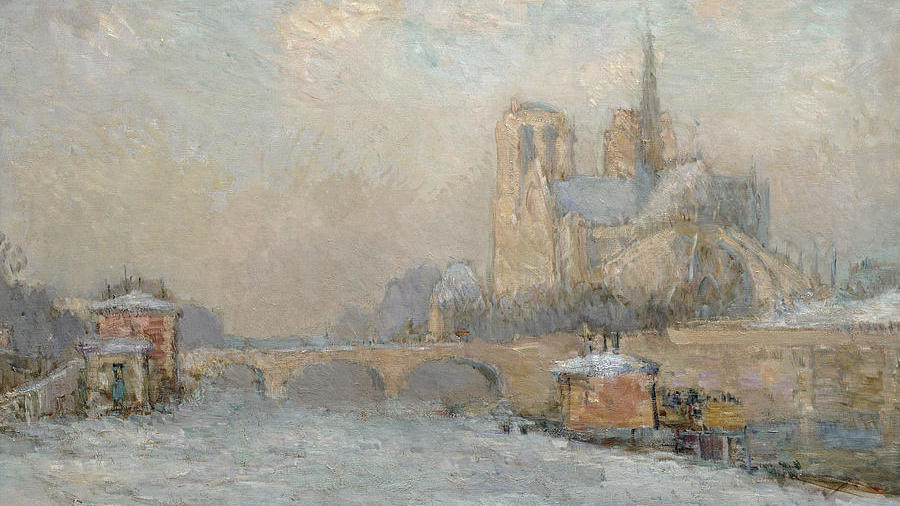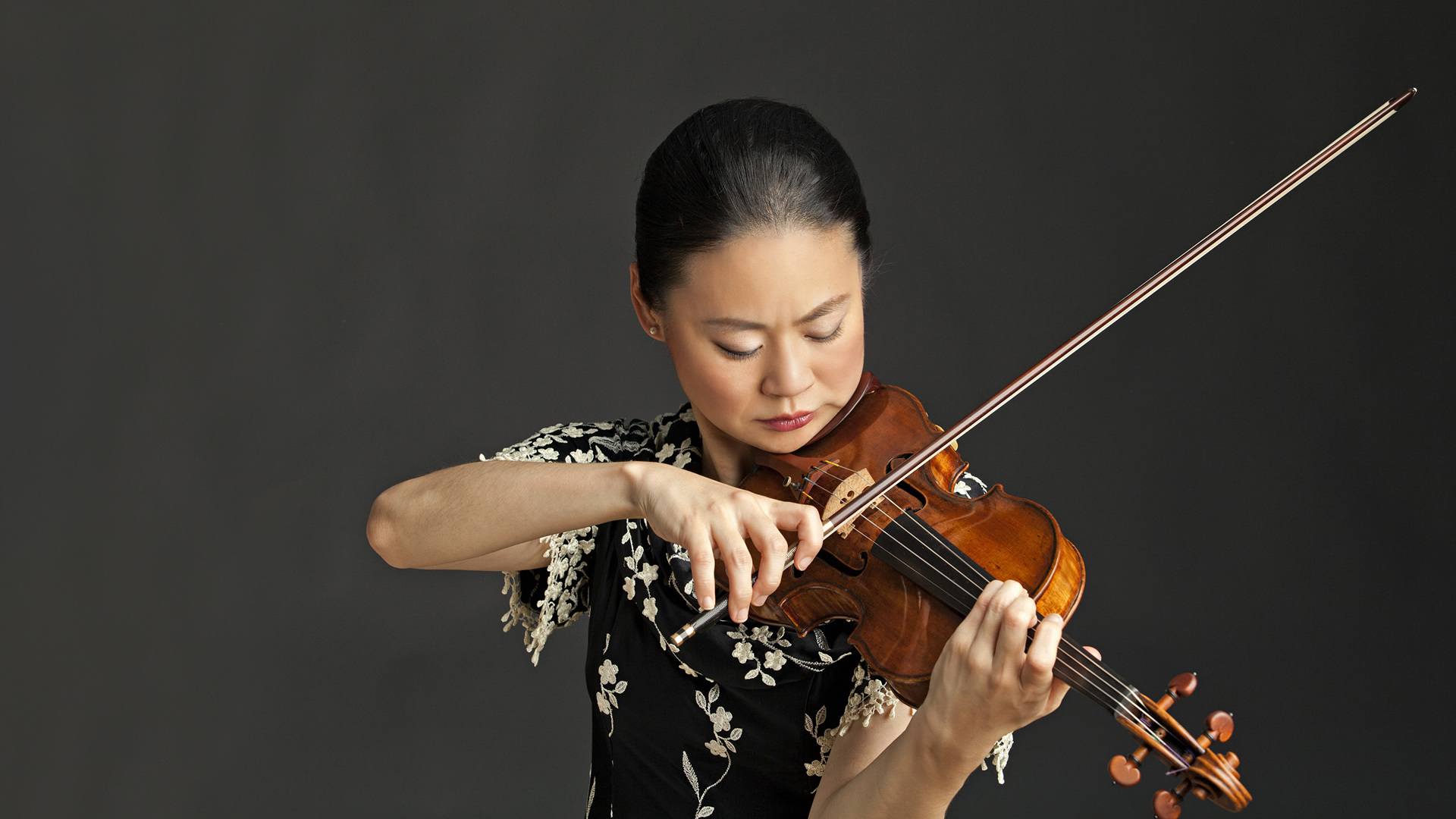Mozart’s Violin Sonata No. 32: Christian Tetzlaff and Lars Vogt
We now have the famous Strinasacchi from Mantua here—a very good violinist. She has much taste and feeling in her playing. I am just now writing a sonata which we will play together in the theatre on Thursday at her benefit concert. Mozart wrote these words in a letter to his father dated April 24, 1784. He referred to Regina Strinasacchi, a young Italian violinist, guitarist, and singer who emerged from Venice’s Ospedale …


